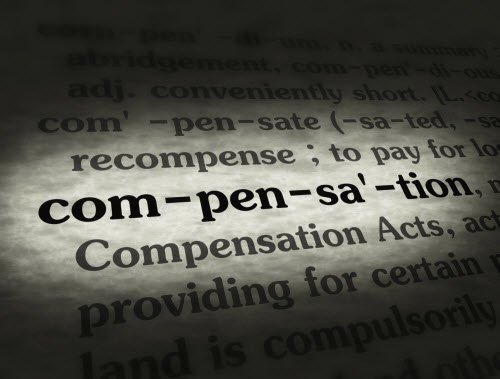
16 Apr, 2014/ by National Accident Helpline /News, Personal Injury News
For years, the media has suggested that the alleged compensation culture in the UK is ‘out of control'. However, the results of two research studies published this week have shone light on the reality of the situation.
In a joint report with the Trades Union Congress (TUC), the Association of Personal Injury Lawyers (APIL) revealed this morning that 85% of workplace injuries go uncompensated, with more than 600,000 people becoming ill or injured as a result of their job annually. The report, The Compensation Myth, also found that of those who manage to secure compensation, the majority received less than £5,000 in damages.
These figures reveal a clear discrepancy between public perceptions of compensation and the true situation; findings which are echoed throughout our report, The Real Cost of Personal Injury, published this week.
National Accident Helpline's (NAH) analysis of personal injury sufferers confirmed that the reason people make a claim is to try and right the financial and emotional wrongs they have suffered as a result of their injury, rather than take advantage of a ‘compensation culture'. Far from seeing their injury as just an opportunity to jump on a bandwagon, over half of sufferers experienced loss of earnings and had to make significant changes to their lifestyle.
We believe that compensation is a necessity rather than a bonus and this assertion is firmly backed up by these two research reports, but with so many still reluctant to claim, it is evident that misconceptions about compensation are acting as a smokescreen to many.
APIL stressed in their report that compensation payouts in the UK are strictly based on what the claimant has lost. They are carefully calculated, with the sole aim of putting claimants back to the position they were in prior to their injury. Facts such as these, which explain the true intention of compensation, must instead be communicated with the public.
It is unacceptable that so many people are left injured, and in many cases forced to give up work, as a result of an incident that was not their fault. However, it is encouraging to see that other organisations, such as the TUC and APIL, agree and are taking action to change perceptions.
If the myth about the UK's so-called ‘compensation culture' persists, then the nation's perception of personal injuries will continue to negatively affect those with a genuine claim, and in the worst cases dissuade those most in need from gaining access to the justice and help they deserve.